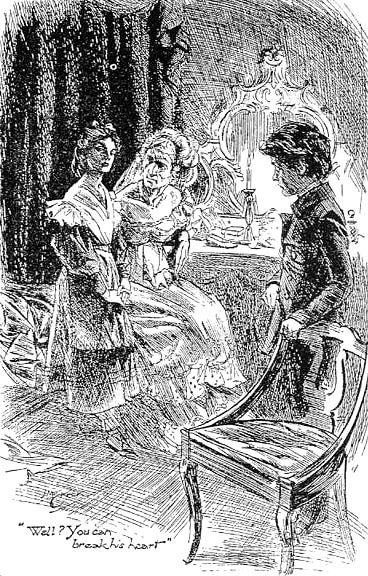Charles Dickens’ Great Expectations was written during great social change. The novel appealed to the middle and working classes of the Victorian Era and was highly critical of the class system and social inequality. Pip represents the social change of the time, constantly wanting to better themselves. Pip was very much content with life as a blacksmith, and it was only once he became educated and aware of his circumstances that he became ambitious. This essay will explore the various ways ambition manifests itself in Pip.
Pip’s ambition is explained by his poor self-image and misery. Initially, Pip was satisfied with life as a blacksmith like most people in the class system. However, there was an ever growing movement of social upheaval in response to industrialization and economic developments. The young Pip begins to despise the working class life after meeting Estella, who scorns him for being so gauche. So much so that out of shame, Pip conjures a fantasy of the Satis House, explaining how enjoyable it was instead of the ridiculing truth. “We all waved our swords and hurrahed … I considered myself a young monster … I hadn’t been able to explain myself to Mrs. Joe and Pumblechook, who were so rude … the lies had come of it somehow”.
Though, Pip’s telling of the events is entirely fictitious, it allows Pip to bottle up his misery in order to let it out as an explosive ambition later on. The lies also force Pip to turn the lies into reality else he risks being shunned further. Pip’s self-assessment of himself being a “young monster” instantiated a degree of discomfort, which caused Pip’s desire for change.
Combined with a self-deprecating opinion of himself which fuels his need for greatness. At large, Pip is a rebellious person (when he lies about the convict and Satis House). During the Victorian era, many people did not know how to read or write and Pip is determined to rebel against the norm. He is quick to turn his back on those closest to him to fit in and go his own way. After a visit to the Satis House, Pip confides in Joe about the truth of the visit. Joe attempts to comfort Pip by expressing how proud he is of him.
Pip dismisses his compliments as falsities. “You’re a on common scholar ~ Joe… how common Estella would consider Joe, a mere blacksmith … sitting in the kitchen … Miss Havisham and Estella never sat in a kitchen … far above the level of such common doings.” Pip uses Joe’s kindness as a springboard for his ambition, as he knows Joe will always be there to rescue him. Pip is able to be ruthlessly ambitious because he understands that Joe’s love is unconditional (Joe sets aside Pip’s lies). Pip looks down on Joe and Mrs. Joe simply for “sitting in the kitchen” Pip tries to find any reason to detach and fight against his company. He denigrates the ‘mere blacksmith’, Joe, for his trade and lack of sophistication. To keep up this rebellious act, Pip is forced to work something out of the ordinary, which would thus require ambition.
Rebellion is also a key aspect that draws Pip towards Estella, an arrogant girl adopted by Miss Havisham. One of the notable reasons for Pip’s ambition is to become worthy of Estella. Pip, being a young, innocent orphan, was physically abused (tickler) by his sister (his motherly figure) when he was younger.
Consequently, the abuse is transposed into an inferiority and Oedipus complex, which explains why Pip lusts Estella despite her abasing remarks (“she called me “boy” so often”). Pip’s lust for Estella fuels his ambition to rise up the social echelon. After winning an altercation with Hebert Pocket, a relative of Miss Havisham, Estella rewards Pip with a kiss. “I think I would have gone through a great deal to kiss her cheek. But I felt that the kiss was given to the coarse, common boy as a piece of money might have been, and that it was worth nothing.”
The entire interaction is completely spineless and artificial, which emphasizes Pip’s current state of haplessness. Estella’s contrived and ‘worthless’ kiss serves to tease Pip’s ambition. As Estella understands that Pip is infatuated by her, she uses the opportunity to mock Pip’s ambition by readily offering him a kiss. ‘given … as a piece of money might have been’. Importantly, the simile of the kiss being of transactional nature highlights the social disparity between Pip and Estella. Even a kiss/romance could never bring them together as they are from such distant social milieus which motivates Pip to work towards being a gentleman. Miserable feelings of inferiority hit the core of Pip, who has largely faced resentment from the female role model in his life (Mrs Joe) thus, he confuses Estella’s neglect with love.
There is a multitude of reasons which drive Pip to be ambitious (rebellion, love, inferiority). It is important to note, however, that like most people in the Victorian times, Pip was not intrinsically ambitious and could have continued a life as a blacksmith and remained in his social station. Pip was fortunate enough to have had the experiences he had in order to become ambitious.


